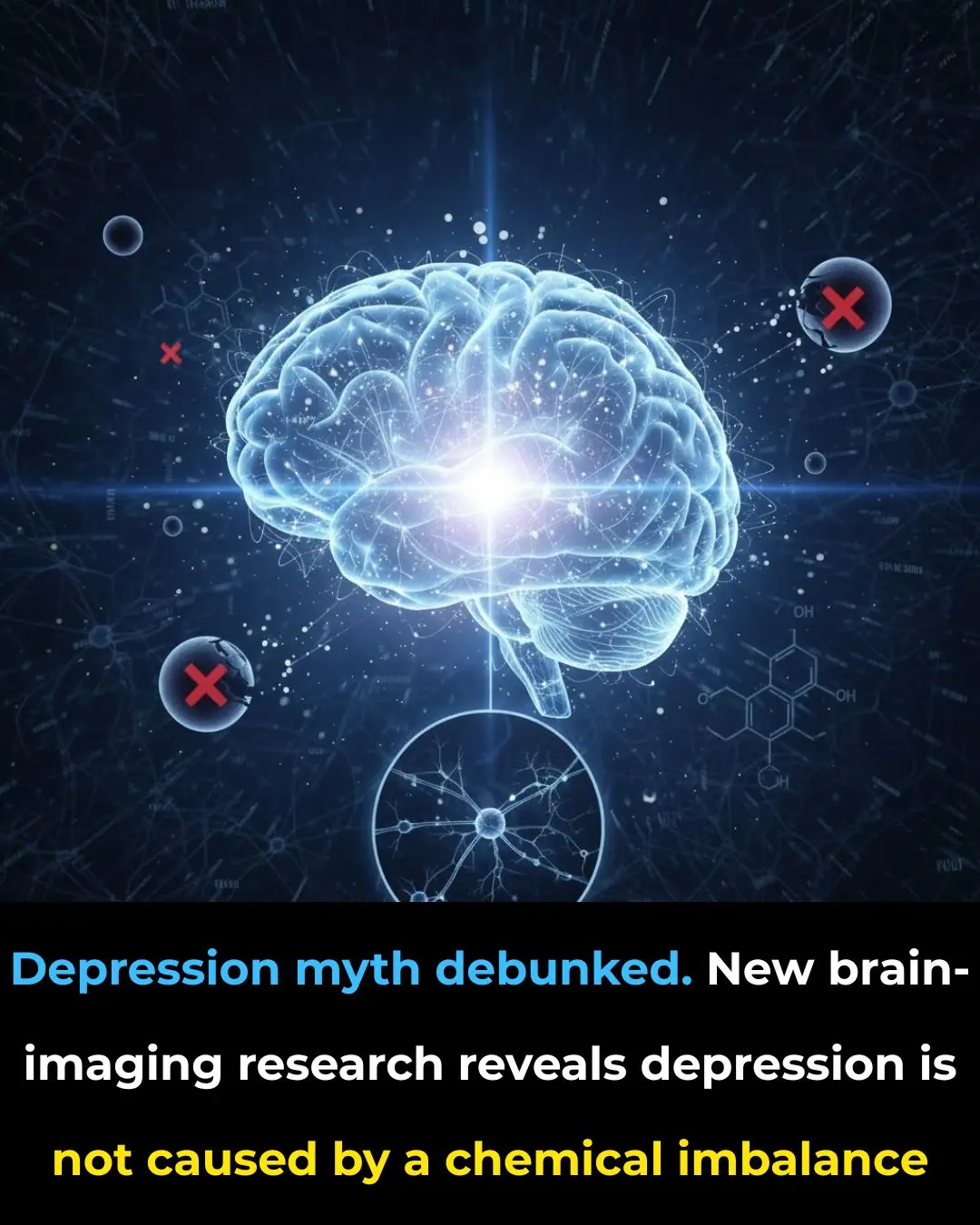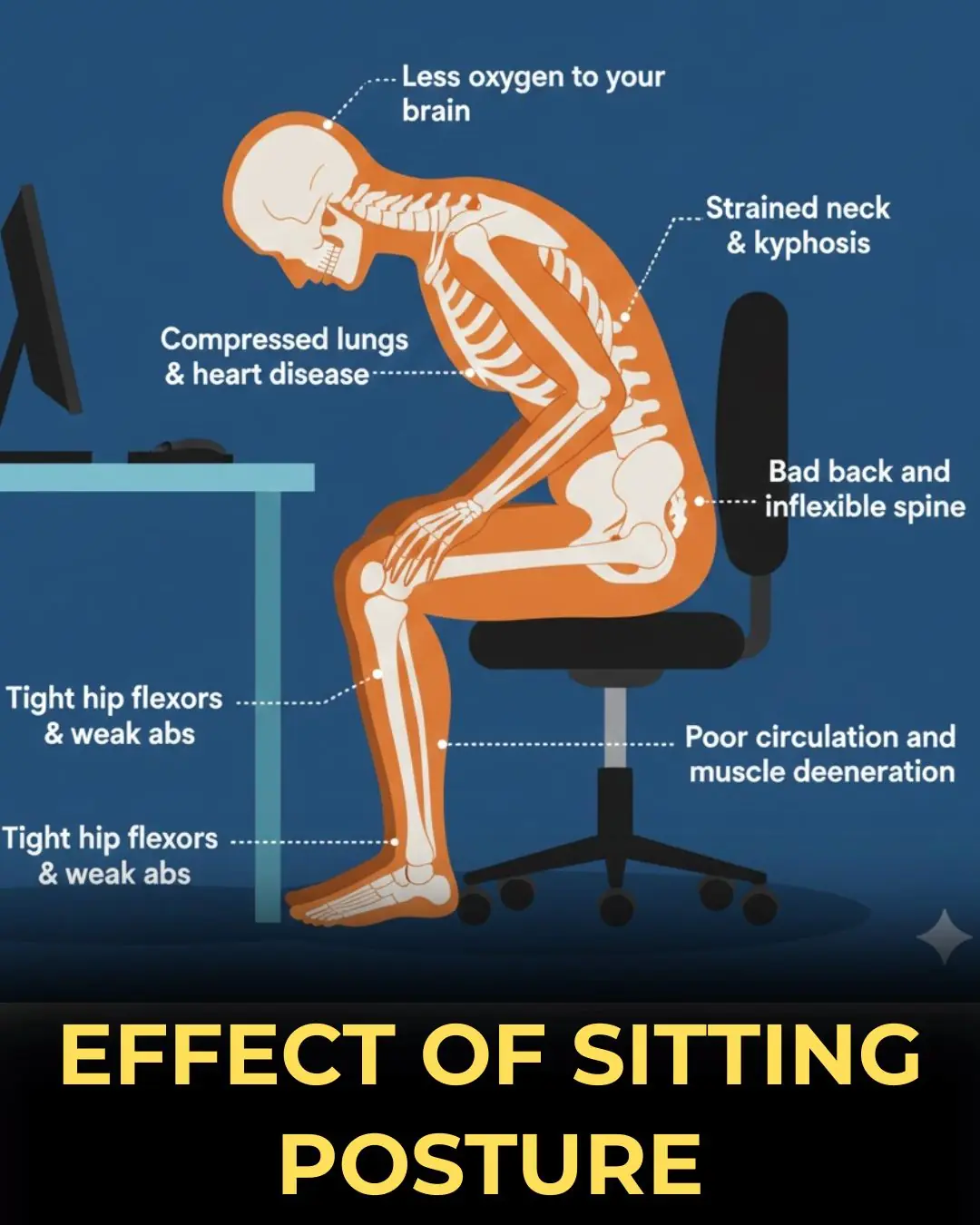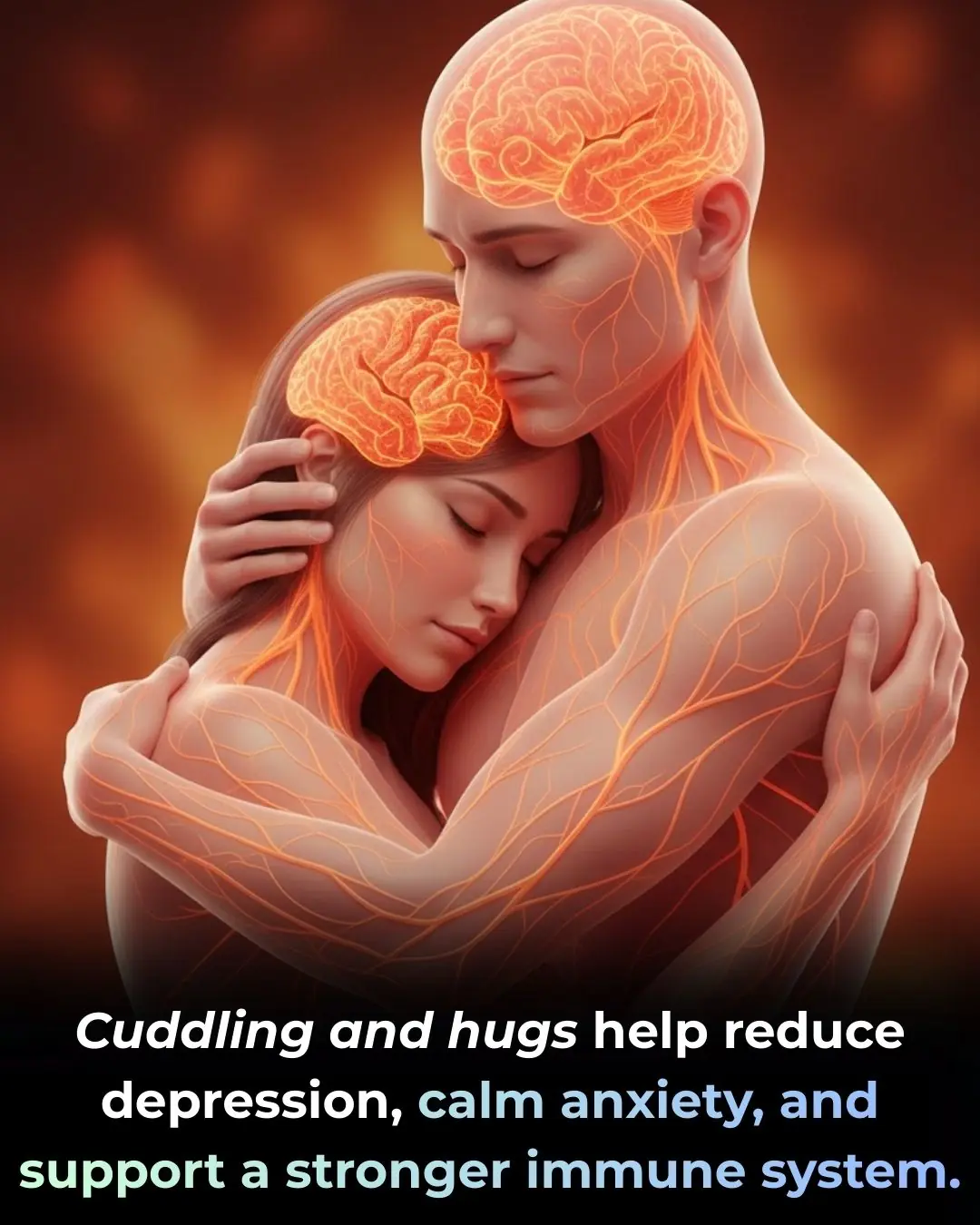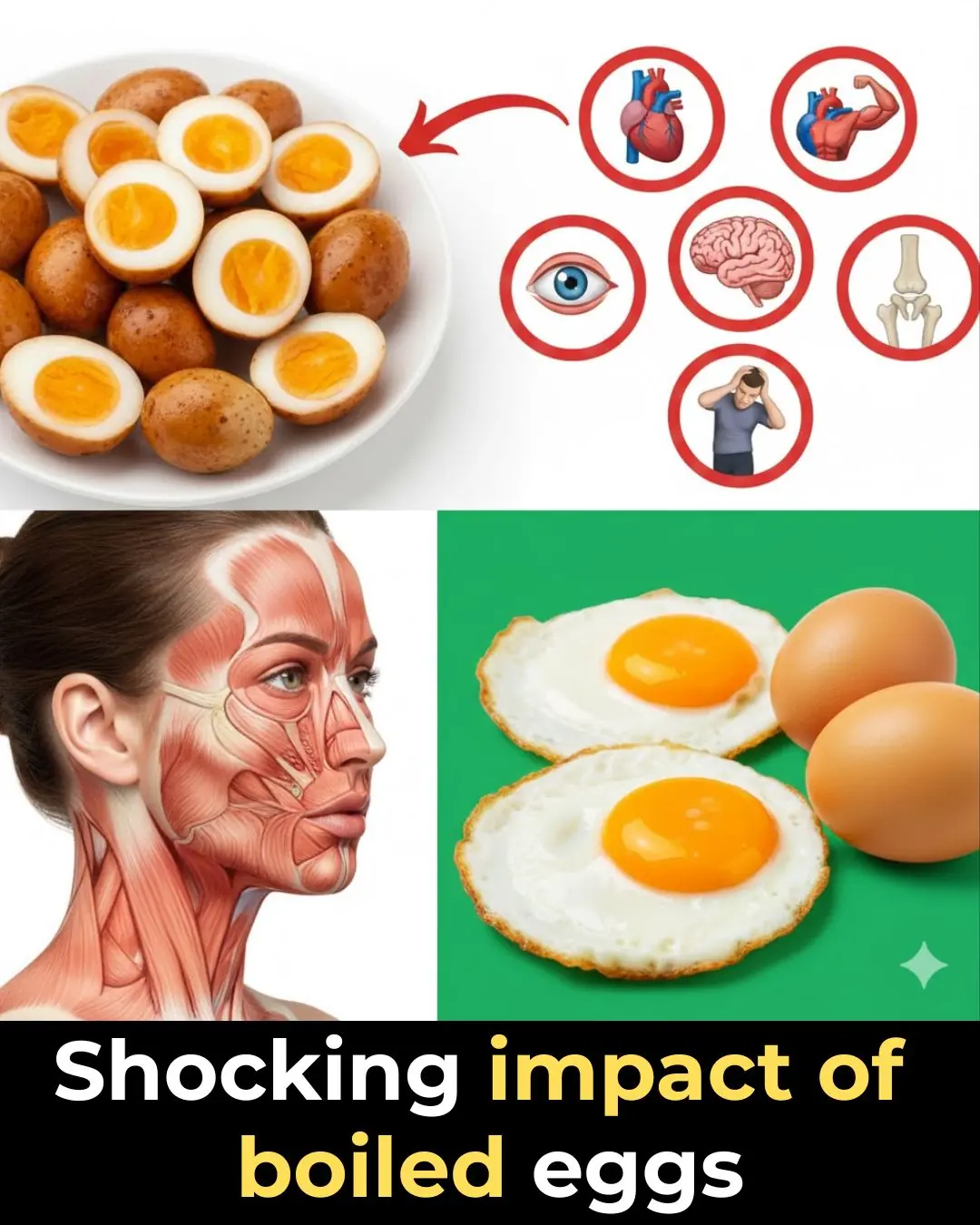
New Evidence Links Hepatitis C to Brain Pathways in Mental Illness
A surprising scientific breakthrough is reshaping the way researchers think about mental illness. Recent investigations have revealed traces of the Hepatitis C virus (HCV) within brain-related tissues of individuals diagnosed with bipolar disorder and schizophrenia. Although the finding does not prove that the virus directly causes these psychiatric conditions, it raises provocative questions about the role of infections, immune responses, and neurological vulnerability in mental health. This unexpected result opens new possibilities for understanding how viral activity might interact with the brain in ways previously overlooked.
For decades, mental illnesses such as bipolar disorder and schizophrenia have been approached primarily through the lenses of genetics, neurotransmitter imbalance, and structural changes in the brain. While these factors remain essential, the emerging evidence suggests that they may not tell the whole story. Researchers from several respected institutions, including Johns Hopkins University, have identified viral RNA associated with Hepatitis C in the choroid plexus, a membrane responsible for producing cerebrospinal fluid and maintaining the brain’s protective barrier. Although this tissue is not part of the neuronal cortex, its interaction with the brain makes the discovery scientifically meaningful. According to a 2025 study in Translational Psychiatry, viral presence in this region may influence neuroinflammatory pathways, which are increasingly recognized as potential contributors to psychiatric symptoms.
The idea that infections could shape mental health is not entirely new but has gained strong momentum in recent years. Prior research, including publications from the National Institutes of Health (NIH) and the Journal of Clinical Investigation, has highlighted how chronic viral infections can alter immune responses, disrupt neurological signaling, and trigger long-term inflammation. In the case of Hepatitis C, earlier studies have already shown that the virus can affect cognitive function, mood regulation, and fatigue—even in individuals without diagnosed psychiatric disorders. The new findings add another layer of complexity, suggesting that the immune system’s interaction with the virus might heighten susceptibility to certain mental illnesses or influence how they progress.
These insights could have significant implications for clinical practice. If viral activity or immune dysregulation contributes to psychiatric symptoms, treatments that target inflammation, antiviral mechanisms, or disruptions in the blood–brain barrier might become viable additions to existing therapies. This could help explain why some patients show limited response to conventional psychiatric medications and why more personalized, biology-based approaches are urgently needed. Future interventions may include combining psychiatric care with antiviral therapy, immune-modulating treatments, or diagnostic screening that identifies infection-related risk factors.
However, scientists caution that much more research is required before drawing definitive conclusions. The presence of viral RNA does not mean that Hepatitis C directly causes bipolar disorder or schizophrenia, nor does it imply that all patients with these conditions harbor the virus. Large-scale studies and advanced neuroimaging will be necessary to clarify the mechanisms at play, determine the prevalence of viral involvement, and assess whether these findings can be replicated in broader populations. Researchers also emphasize the importance of distinguishing correlation from causation—a critical step in preventing misinterpretation of early data.
Even with these uncertainties, the discovery marks an important turning point in the study of mental health. It underscores the intricate relationship between the brain, the immune system, and external biological agents such as viruses. By expanding the scope of psychiatric research beyond traditional frameworks, scientists hope to unlock new strategies for prevention, diagnosis, and treatment. Ultimately, this line of investigation may pave the way for a more comprehensive and personalized understanding of mental illness—one that accounts not only for genetics and neurochemistry but also for the subtle, long-term impact of infections on the human brain.
Sources:
-
Johns Hopkins University, Translational Psychiatry (2025)
-
National Institutes of Health (NIH) – Mental Health and Immunology Research
-
Journal of Clinical Investigation: Viral infections and neuroinflammation
-
Centers for Disease Control and Prevention (CDC): Hepatitis C neurological effects
News in the same category


mRNA Vaccines Show Early Evidence of Slowing Cancer Progression

The Real Crime Is Hunger: A Judge’s Moral Verdict on a Child’s Desperation

Injectable Gel Breakthrough Brings New Hope for Nerve Regeneration

Goodbye Synthetic Dyes: Doritos Join the Push for Cleaner, Transparent Ingredients

Breakthrough Research Suggests Kidney Damage May Be Reversible After All

How Intermittent Fasting Protects the Heart: New Evidence on Blood Clots and Cardiovascular Health

If You See a Woman Wearing a Wedding Ring On Her Pinky, Here's What It Means

Reinventing Renewable Energy: Germany Launches Compact Turbine for Off-Grid Power

Rethinking Depression: New Brain-Imaging Research Reveals It’s More Than a Chemical Imbalance

Seventeen Years Lost: How a Look-Alike Helped Free an Innocent Man

You Must Live Without One Modern Comfort — Your Choice Reveals Who You Really Are

Why do foreigners use electric kettles so little even though they are very convenient?

How Poor Sitting Posture Impacts Your Spine, Muscles, and Overall Health

Understanding the Long-Term Consequences of Poor Sitting Posture

A Complete Guide to Common Cable Types and How They Keep Devices Connected

Egg Freshness Explained: What Sinking, Tilting, and Floating Really Mean

A Sleeping Giant Stirs: Taftan Volcano Experiences Uplift Driven by Shallow Gas Pressure

The Healing Power of Touch: How Hugs Support Emotional Balance and Immune Health
News Post

Ex-Emmerdale star Kelvin Fletcher and wife Liz share 'magical' family farm update

A-list actress looks completely unrecognizable in new ‘Hunger Games’ trailer

DIY Homemade Hair Dye That is Effective

How To Use Almonds To Get Rid Of Neck Wrinkles

Scientists Reactivate the Brain’s Self-Cleaning System, Hinting at a Breakthrough for Alzheimer’s

Miracle Indian Bridal Ubtan For Skin Brightening

mRNA Vaccines Show Early Evidence of Slowing Cancer Progression

The Real Crime Is Hunger: A Judge’s Moral Verdict on a Child’s Desperation

The Plant That Kills Cancer Cells, Stops Diabetes And Boosts Your Immune System!

7 powerful vitamins you need for strong, healthy legs

Beware Portuguese Man-of-War Found on Beach

When washing clothes, don’t just put in detergent! Do this little trick, dirty clothes will be like new!

Injectable Gel Breakthrough Brings New Hope for Nerve Regeneration

Why Boiled Eggs Deserve a Spot on Your Breakfast Table

Goodbye Synthetic Dyes: Doritos Join the Push for Cleaner, Transparent Ingredients

Breakthrough Research Suggests Kidney Damage May Be Reversible After All

How Intermittent Fasting Protects the Heart: New Evidence on Blood Clots and Cardiovascular Health

ITV breaks silence as Celebrity Big Brother is ‘axed from ITV schedule’
